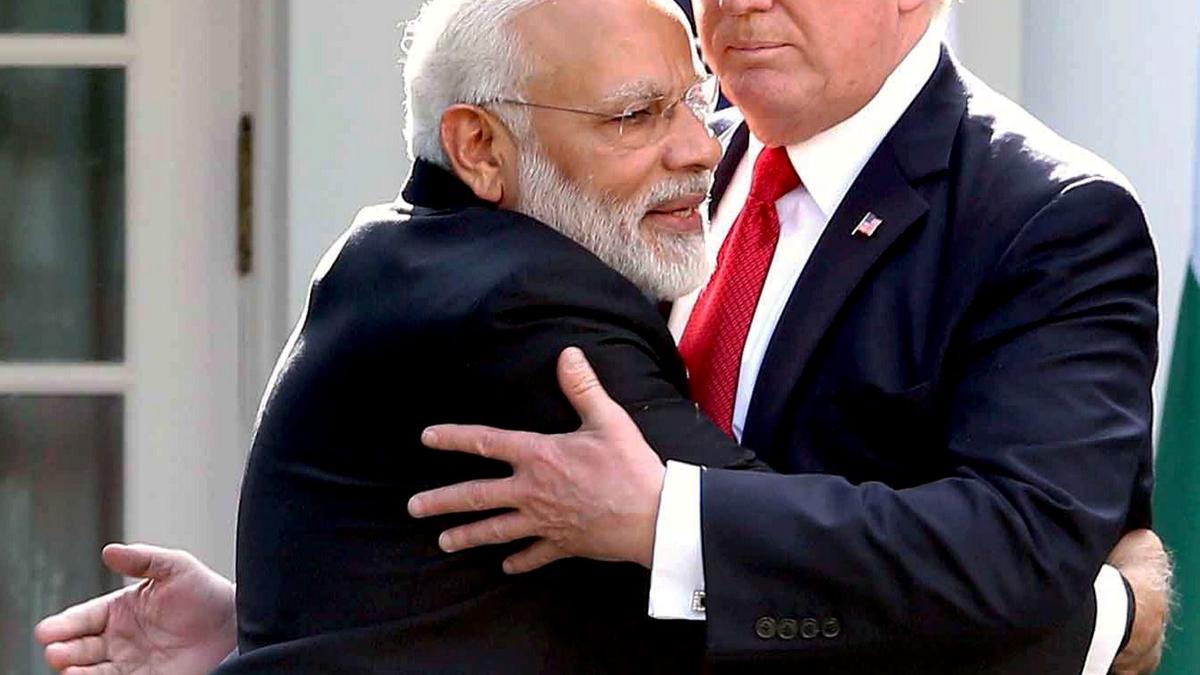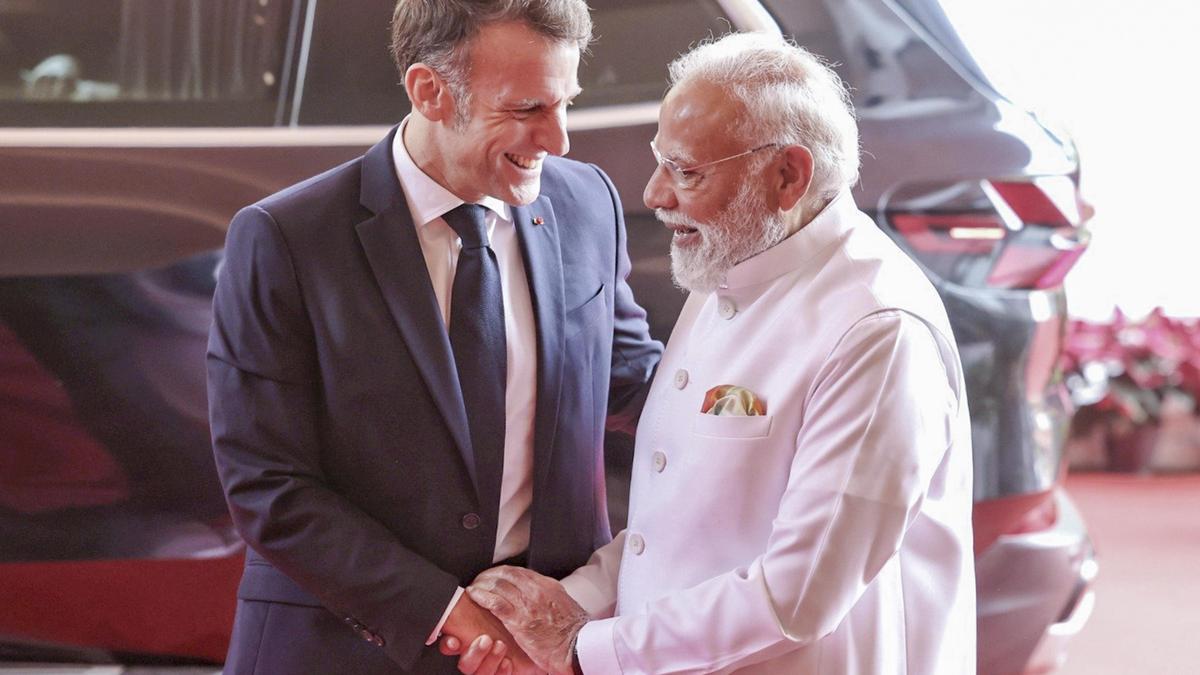
Nepal’s former Chief Justice Sushila Karki. File.
| Photo Credit: Reuters
In 2016, Sushila Karki ascended to the position of Chief Justice of the Nepal Supreme Court, making her the first woman to be appointed to that position. Her appointment came following a recommendation by the Constitutional Council, which was headed by then Prime Minister K.P. Sharma Oli. Now, nine years later, Ms. Karki is poised to take over the reins of Nepal as its interim head, following Mr. Oli’s resignation, as the country gathers itself following days of bloody protests.
At least 51 people were killed after Gen-Z-led protestors clashed with security forces while rallying on streets demanding an end to Mr. Oli’s regime. Though the demonstration came at the heels of a controversial blanket social media ban, it signalled more serious concerns plaguing the Nepali political class. Prior to the ban, social media sites had emerged as the centre of a digital movement of sorts criticising children of the ruling political class — “nepo kids”, who were leading lavish lifestyles while youth back home dealt with misgovernance. Holding banners of “Youth against corruption”, the young protestors took to the streets demanding an end to corruption and favouritism.
In Focus Podcast | Nepal on the Brink – Part 2: Beyond the Gen Z’s rage
Their demonstrations yielded a reversal of the social media ban, and brought about quick resignations of the country’s Home Minister as well as Prime Minister Oli. What has been described as a movement not aligned to any political party, managed to get this far without a visible singular leader. At the end of two violent days, this vacuum of power extended to the country’s top leadership.
A digital pick
With outrage giving way to desired results, it was time for the Nepali youth to now look for solutions. Sushila Karki’s name was quick to gain traction as online spaces, now restored, hosted discussions and polls to decide on who best would embody Gen-Z protestors demands. Ms. Karki’s year-long stint as the Chief Justice was a reason many gave for backing her.
Also read | From Discord to Bitchat, tech at the heart of Nepal protests
Born in Nepal’s Biratnagar in 1952, Ms. Karki completed her higher education from Tribhuvan University before she came to India. At the Banaras Hindu University, Ms. Karki pursued a Masters degree in Political Science. Later she returned to Kathmandu to get her Bachelor’s degree in Law from the Tribhuvan University. She is married to Durga Subedi, who was a youth leader in the Nepali Congress party
Ms. Karki began her professional journey as a teacher, before pivoting to law and by 2004 was a Senior Advocate in the Nepal Bar Association. From November 2010, Ms. Karki was appointed as Permanent Justice in the Nepal Supreme Court and was elevated to the court’s highest position in July 2016.
Ms. Karki served as Nepal Supreme Court’s Chief Justice for a year and was set to retire in 2017. However, just one month prior to her retirement Ms. Karki was suspended after an impeachment motion was introduced in Nepal’s Parliament accusing her of delivering biased judgments and interfering with executive powers. The motion was led by the two strongest parties in the coalition at the time — the Communist Party of Nepal (Maoist-Centre) led by the then Prime Minister Pushpa Kamal Dahal and the Nepali Congress of Sher Bahadur Deuba. However, an intervention by the Supreme Court led to her eventual re-instatement.

Ms. Karki’s tenure in Nepal’s Supreme Court, and later as Chief Justice was marked by politically sensitive and socially transformative judgments including one that banned commercial surrogacy in favour of altruistic one. Ms. Karki in 2012 was also part of the bench that had convicted then incumbent Minister of Information J.P. Gupta of corruption. The impeachment proceedings against Ms. Karki were largely seen as a response to her ordering the government to revoke the appointment of Jaya Bahadur Chand as Nepal’s Police Chief. Even just a day before impeachment proceedings were introduced against her, Ms. Karki convicted three former Inspectors General of Nepal Police in a multimillion dollar scam case.
Ms. Karki’s professional past has served as a confidence booster for Nepal’s youth seeking cleaner politics moving forward. However, the former Chief Justice will have to navigate a landscape still in disagreement. Ms. Karki’s primary responsibility will also entail conducting free and fair elections in the country. In the past, Ms. Karki’s judgments shaped Nepal’s socio-political temperament. The retired jurist now will have to navigate Nepal’s future by banking upon her experiences.
Published – September 12, 2025 07:45 pm IST


